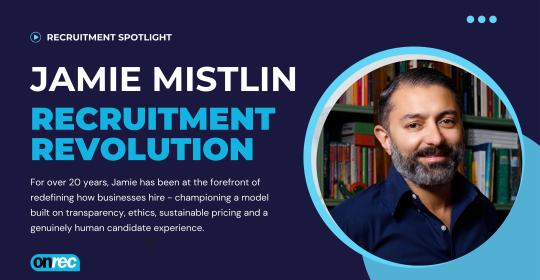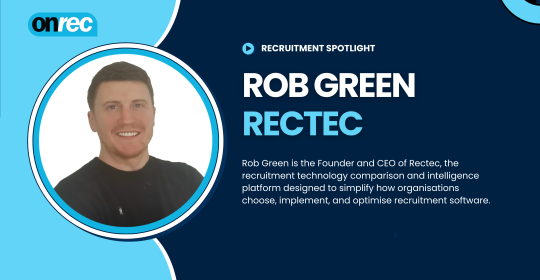Onrec: What attracted you to a career in HR and recruitment?
MD: My father was an industrial relations expert with regard the HR environment and he taught me the value of treating people well from both a personal and business perspective. It’s clear to me now more than ever, that the success of a business is not only down to its ability to source talented individuals, but also ensuring it has a work environment and processes, that can transform them into engaged and productive teams. When done well the result is a “win-win” for a company’s bottom line and the well being of employees. Remember that great recruitment and HR practice is responsible for achieving this, so who wouldn’t want an influential job as a professional, making it happen!
Onrec: You’ve worked in senior HR positions for some of the world’s leading companies over a 30-year period. How have recruitment practices evolved over this time?
MD: They’ve got quicker, slicker, and are now incorporating technology on an unprecedented scale, especially with regards improving processes and decision making. Automation for example not only increases output but accelerates both candidate selection and the hiring process. It also takes out the monotonous aspects of a recruiter’s job, allowing them to focus on the more cerebral aspects.
I also think that both recruitment and HR have benefited from a more global perspective, thanks to technology connecting practitioners from across the world, which allows for greater sharing of knowledge and experiences, which leads to the development of better industry practices.
Onrec: Why did you come to the decision to start your own business rather than continue a successful career in the corporate sector?
MD: Having read a book by my fellow countryman, Sir Bob Geldof, titled “Is that it”. It made me realise that after three decades working in senior level positions for global companies, I wanted to do something different, and most of all for myself for once. I had the idea to create a proposition that would allow SMEs to access and implement the best HR and recruitment practices that large corporates have been benefiting from for years. Clover HR was the result. Thanks Sir Bob!
Onrec: How does Clover HR’s business model differentiate it from its competitors?
MD: I’m not interested in what others are doing to be honest. I have my own standards that have been developed over many years and are proven to work. We’re not a call centre. I’ve created a national business, which provides clients with dedicated, high calibre teams. They have insight, experience, and are trained to know the law, as well as how to apply it properly.
Onrec: Tell us about your expansion plans (if any) for Clover HR.
MD: Our ambitions are modest. We are growing from our first million to our second, and are looking to expand to around 50 people over the next few years.
Onrec: What are your thoughts on hybrid working and working from anywhere?
MD: It’s overhyped and its impact on business and the economy is underestimated. It’s shifted power away from employers towards employees, which is not necessarily always a good thing. People need to come together in an office environment to make a business successful. Firstly, it creates a company culture, which if managed successfully, will not only improves employee retention and productivity. Secondly it ensures that employees learn from each other, which supports their professional development.
Onrec: Should recruiters be wary of technologies such as AI or embrace them?
MD: It has a role and value. If we didn’t embrace the World Wide Web back in1999, where would we be now. Let’s not be luddites. I say harness tech and benefit from it.
Onrec: What are the biggest challenges you see businesses facing over the next five years?
MD: Organisational change, especially in regards the incorporation of AI and achieving success as the dreaded “war for talent” is waged. Companies need to start adapting to the demands of Millennials and Gen Z who realise they’re own worth and are willing to walk away from a job if it doesn’t tick all their boxes.
Onrec: What is your career low and how did you overcome it? And what is your career high?
MD: There was a time when I failed to deliver on expectations for a company I worked for in the early stages of my career, and it really upset me because I wanted to be seen and treated as a professional. I vowed it would never happen again. so, I promised myself to learn from the experience and never repeat the same mistake again. My career high starting Clover HR and making it a million-pound business.
Onrec: What is one piece of advice you would give your younger self?
MD: When in a difficult situation don’t react immediately. Count to ten first. Even just a few seconds will allow you to think more rationally and calmy.






